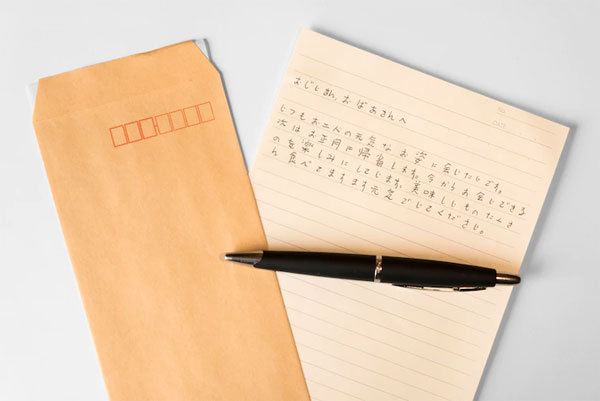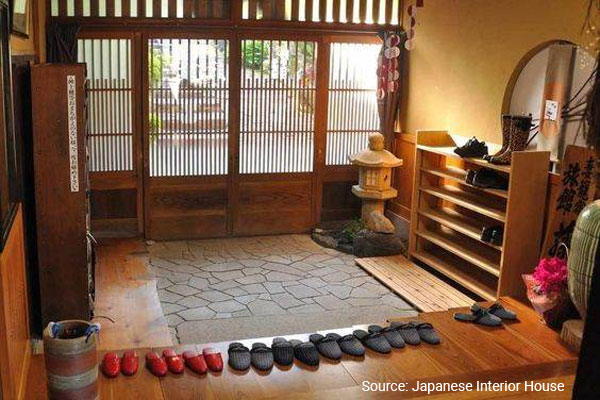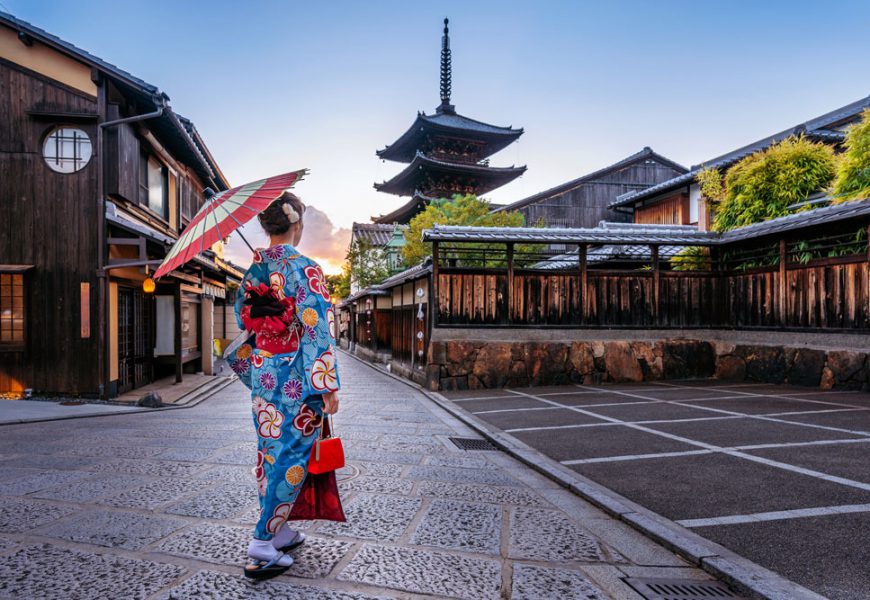Cultures and traditions differ greatly in different continents and countries. Being an island country allows Japan to stay true to its roots, and as a result, the Japanese culture and heritage have been known to be distinct and exceptional.
With its splendid mountainous settings, vivid surroundings, captivating cultural heritage and scrumptious cuisines, Japan, an archipelago of over 6,852 islands, certainly is an enchanting and distinctive country to visit and enjoy. It is no wonder that many foreigners choose to migrate to the Land of the Rising Sun.
Dating back thousands of years, the multifaceted Japanese culture can be witnessed in its dynamic fashion trends, enchanting heritage, rapid technological development, avant-garde art, and admirable civility of its people, among many others.
If you are planning to visit Japan anytime soon or live there indefinitely, there are certain things to know about the fascinating Japanese culture to enjoy your stay.
In this blog, we have compiled a list of some things you, as an Indian, should know about Japanese culture before you set your sails towards the Land of the Rising Sun.
The Art Of Greeting

When we greet people in India, we shake hands or press our palms together for “Namaste”). The Japanese people also shake hands, whereas theirs are usually not too firm and with little or no eye contact. Bowing is also another form of greeting in Japan and is also a sign of respect given to the person you are bowing to. Now, the degree to which you bow shows the level of respect you give to the person. For instance, when you meet an elderly person or someone you admire, such as your boss or a political figure, you give a deep bow to the point that you bend your waist. And when you meet a close friend or work colleague, an informal greeting would be to give them a small nod.
Cleanliness Is Next To Godliness

There are many places in India, be it a street or beach or even a home, where any surface can be considered a dustbin, and sometimes, we have to eventually grow accustomed to the foul smell. In Japan, such is not the case. In fact, you can be fined over 10,000 Yen for littering. You could even be jailed for it. With only a few public garbage bins outside, you will be surprised to see people carrying their waste packages home with them. No wonder Japan is one of the greenest and cleanest in the world.
The Singularity Of The Japanese Language

India, being a diverse country, is home to more than 100 languages. Whereas in Japan (putting aside the dialects and local minority languages), people in Japan mostly speak Japanese alone. Not many people speak or understand English or other common languages spoken and used worldwide. So, you might want to upskill your Japanese language skills and learn the basics to make your stay in Japan easier.
Basic Manners When Entering A Japanese Home

In Japan, if you see a mat next to the front door of the house you are about to enter, you should take off your shoes before going inside. As many Japanese people eat and sleep on the floor, they remove their shoes outside of their house to prevent dust or dirt from entering their homes.
When you are invited over for a meal, there are also things you need to bear in mind, such as pouring water, tea, or sake for everyone at the table rather than just for yourself is a sign of respect and politeness and that slurping while eating shows that you are enjoying the food which compliments person who made the food.
Know Your Chopsticks

While we usually use our hands or a spoon or fork to eat our food in India, chopsticks are commonly used in Japan. So, if you ever find yourself using chopsticks in Japan, you need to know that the positions in which they are placed are important. For instance, it is considered a bad omen if you rest your chopstick in your bowl or plate while you are not eating during a funeral ceremony in Japan. Moreover, it is also considered to be taboo to share the same chopsticks with others. Also, do not pass any food using your chopsticks.
Things To Avoid Doing In Japan

In order to save yourself from embarrassment, there are certain things you should avoid doing when you are in Japan, such as eating food or talking on the phone while you are riding the train or being late for an appointment or meeting. Also, do not receive a gift or anything using only one hand; use both hands. Do not forget to bathe or shower before entering a hot spring and avoid using red ink to write someone’s name. And when you are sick, do not forget to wear a face mask.
Always Be Polite

Loyalty, politeness and a sense of responsibility are highly important in Japan. In fact, people tend to work together, and ‘You” is given much more importance than “I”. Japanese are taught to be polite, ambitious, hard-working, patient and determined from a very young age. So, remember to be polite and thoughtful while you are in Japan.
Where To Learn Japanese Language And Culture
Before your big move to Japan, be it for studies or work, we implore you to learn the basic Japanese language and familiarise yourself with the culture and traditions to prevent yourself from experiencing a culture shock.
AKAL Japanese Academy, a dedicated training Institution under AKAL Information Systems Ltd. located in Delhi, offers online classes to help people learn Japanese online and offline. Moreover, under its TITP (Technical Intern Training Program) program, which is run by the Japanese government, you will get the opportunity to work for up to five years in Japan.
If you want to know more about AKAL Japanese Academy, visit https://www.japan-academy.in/ or call 011-40560919 / 9310533001.
Conclusion: Japan is an ideal place for professionals and students to live in, granted you are familiar with the language and culture. So, we hope this blog helps you understand Japan’s remarkable culture.
We will leave you here with our best wishes!
Until next time, sayonara for now!




